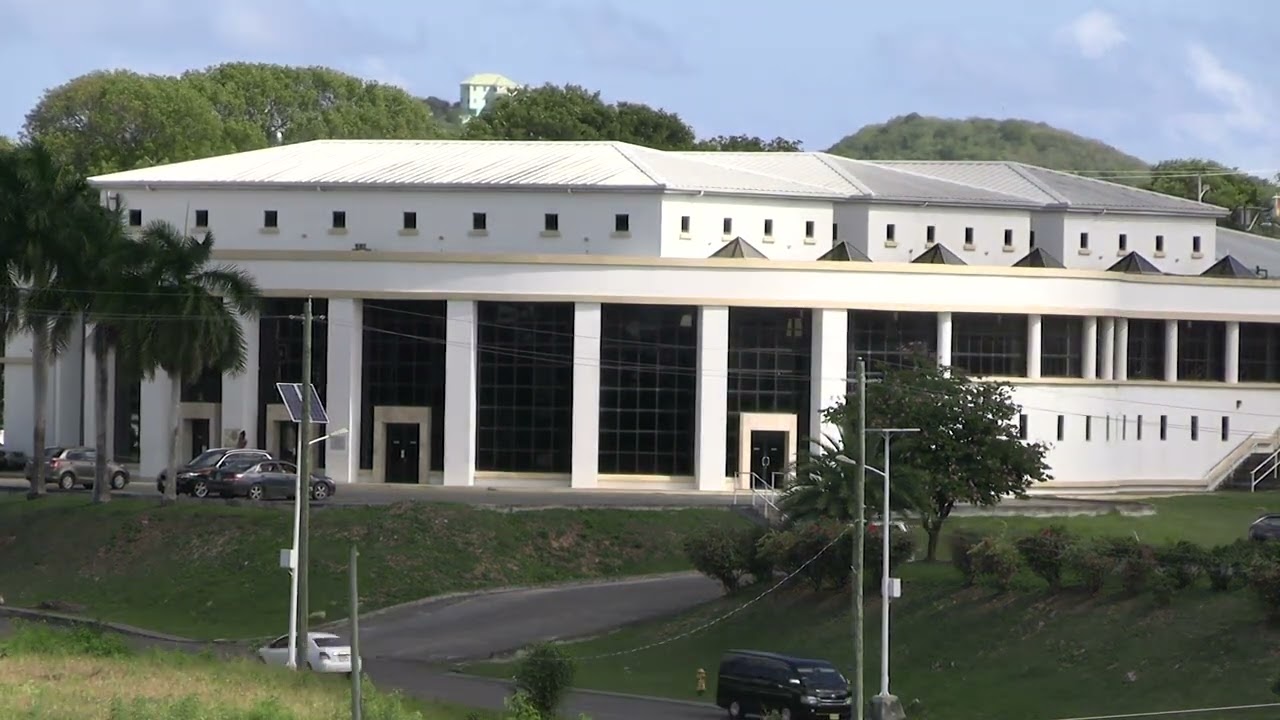In a perplexing situation, a male killer whale, Keijo, is being sexually stimulated by trainers at Marineland Antibes, a zoo that closed in January. This dramatic measure aims to prevent inbreeding with his mother, Wikie, amid ongoing discussions about their relocation. The facility’s closure is set against new French legislation banning the use of whales in marine shows, yet no consensus has emerged on appropriate housing for the orcas.
Footage released by the activist group TideBreakers depicted trainers handling Keijo while he was lying upside down in the pool, with one trainer holding his flipper and the other performing the stimulation. Marineland justified the action, noting Keijo's approach to adolescence brought stronger sexual urges, necessitating intervention to prevent potential injury or inbreeding with his mother.
The French ecology ministry confirmed that this stimulation occurs monthly, reportedly with veterinary oversight. Valerie Greene from TideBreakers criticized the practice, stating she had only witnessed similar actions when collecting semen for artificial insemination purposes. She raised concerns particularly regarding the implications of Keijo's inbreeding, as both his mother and father are half-siblings.
Although Marineland managers assure that no sperm collection for breeding purposes is intended, critics remain skeptical. They express alarm that Keijo’s treatment is an indicative of declining ethics within captive animal management and call for a more humane approach to his urgent need for relocation.
So far, discussions on where the orcas should be sent have been inconclusive, with suggested relocation sites in Japan being deemed unsuitable without further dialogue and planning. Delays in action are raising alarms over the welfare of Wikie and Keijo, who have spent years in captivity and depend on timely rehoming.
Despite the enactment of laws across Europe prohibiting certain captive breeding practices, issues like these highlight the ongoing struggles faced in animal welfare under regulated conditions. Activists argue that the French government’s insufficient responsiveness contributes to extending the crisis for these orcas.
Concerns about inadequate conditions in Marineland persist along with continuous calls for alternatives, and wildlife campaigners from World Animal Protection emphasize the need for immediate action to secure better outcomes for the stranded animals.
As efforts to find a sanctuary site remain unfulfilled, advocates fear time may be running out, expressing the necessity for temporary arrangements to ensure the orcas receive suitable care while permanent solutions are sought.




















